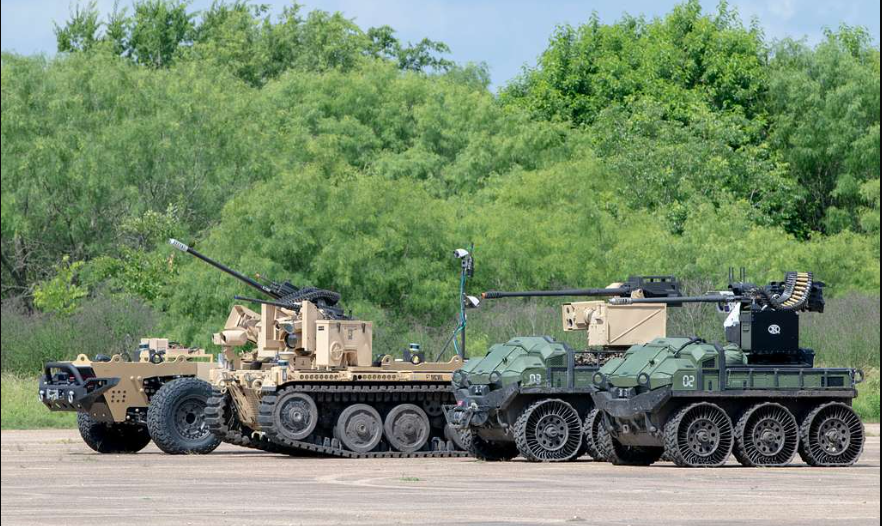On May 12, 2025, nations gathered at the United Nations to address the escalating concerns surrounding lethal autonomous weapons systems (LAWS), colloquially known as “killer robots.” These AI-driven weapons, capable of selecting and engaging targets without human intervention, are increasingly being deployed in conflicts such as those in Ukraine and Gaza .
Urgency for Regulation
Despite their growing presence on the battlefield, international efforts to regulate LAWS have been sluggish. Since 2014, discussions under the Convention on Conventional Weapons (CCW) have aimed to establish binding regulations, but consensus remains elusive. UN Secretary-General António Guterres has set a 2026 deadline for the establishment of clear rules governing these technologies .
Austria’s Foreign Minister, Alexander Kmentt, emphasized the urgency, stating, “Time is really running out to put in some guardrails so that the nightmare scenarios that some of the most noted experts are warning of don’t come to pass” .
Divergent National Positions
While 166 countries supported a 2024 UN General Assembly resolution calling for urgent action on autonomous weapons, major military powers such as the United States, Russia, China, and India have expressed reservations. These nations prefer national guidelines over a binding international treaty, citing concerns over national security and technological advantages .
Conversely, 70 countries delivered a joint statement at the UN General Assembly, highlighting the need for international regulation of LAWS. This marks the largest cross-regional group statement ever made on this issue, signaling a significant shift towards collective action .
Humanitarian and Ethical Concerns
Human rights organizations, including Human Rights Watch, have raised alarms about the potential for LAWS to violate international humanitarian law. The delegation of life-and-death decisions to machines could lead to accountability issues and exacerbate conflicts. Mary Wareham of Human Rights Watch stated, “The idea that you wouldn’t want to rule out the delegation of life or death decisions… to a machine seems extraordinary” .
Looking Ahead
The UN General Assembly’s meeting serves as a critical juncture in the global discourse on autonomous weapons. With the 2026 deadline approaching, the international community faces mounting pressure to establish binding regulations that ensure human oversight in the use of force. The outcome of these discussions will have profound implications for the future of warfare and global security.
For more detailed coverage, refer to Reuters’ report on the UN meeting (Reuters).



